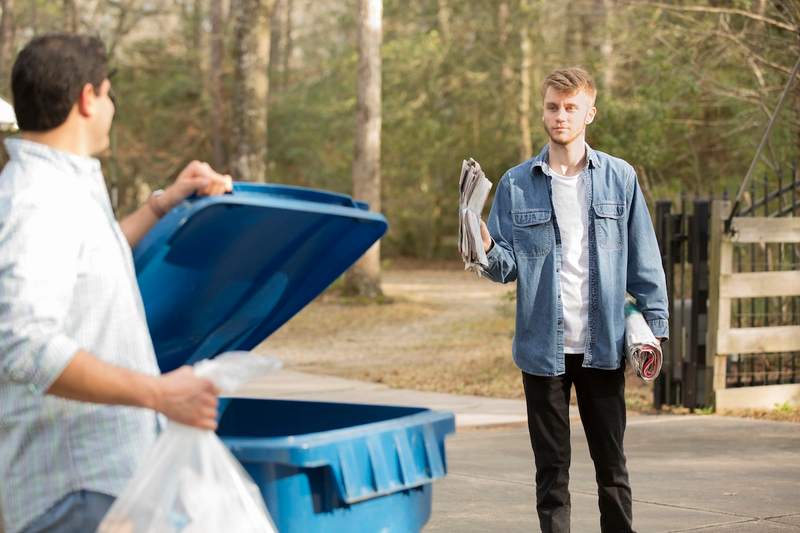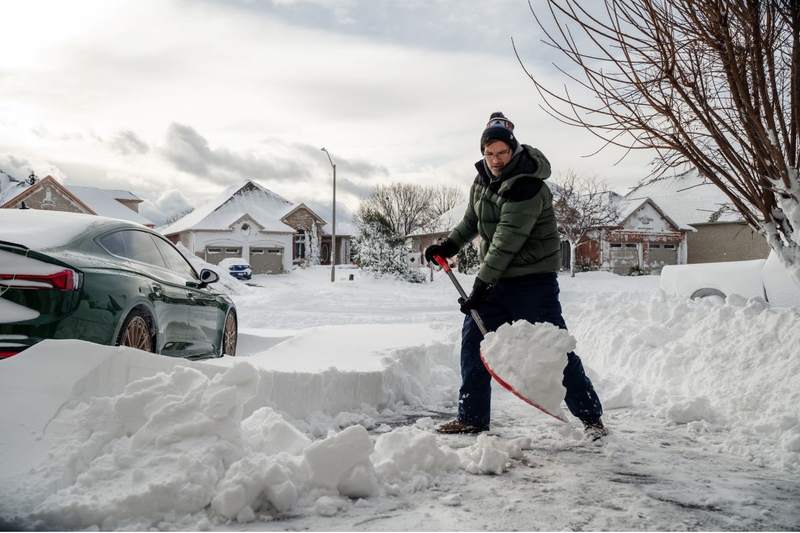The homestead exemption can decrease the taxable value of your home, so you’ll pay fewer property taxes. It can also protect your home from bankruptcy or provide a surviving spouse with ongoing property tax relief. Before applying, it’s a good idea to understand what the homestead exemption is and how it works.
What Is A Homestead Exemption?
A homestead exemption provides a homeowner some relief with their property taxes. Certain states offer this tax exemption while others hold similar tax policies. It protects a certain amount of the home’s assessed value from state property taxes, reducing the amount you’ll owe annually.
A homestead exemption can benefit homeowners if one spouse in a two-income household dies. It can also protect homeowners who are at risk of losing their homes to creditors.
Depending on where you live, you’ll either exempt a percentage of your home’s value or a set dollar amount. A deduction based on a percentage is more valuable to homeowners with more expensive homes.
Most states have a homestead exemption. Forty-six have homestead exemptions that include general homestead laws and homestead tax exemptions. Additionally, every state but Delaware offers a version of property tax relief for veterans or disabled veterans.
Homestead Tax Exemption Example
Let’s say a surviving spouse chooses to use the homestead exemption for the current tax year. If their home is worth $300,000 and they qualify for a $60,000 exemption, they’ll be taxed as if their home is worth $240,000.
See What You Qualify For
Buy A Home
Discover mortgage options that fit your unique financial needs.

Refinance
Refinance your mortgage to have more money for what matters.
Tap Into Equity
Use your home’s equity and unlock cash to achieve your goals.
How Does A Homestead Exemption Work?
A homestead exemption protects those in financial straits from property taxes by decreasing the taxable value of the home. It can provide tax relief to homeowners going through bankruptcy or foreclosure, and stop or pause the forced sale of a property.
And if one spouse in a two-income household dies, the exemption can provide the surviving spouse with tax relief if they’re struggling to make their house payments. It does this by decreasing the monthly tax burden, allowing the surviving spouse to get caught up financially.
A homestead exemption either subtracts a percentage of your home’s assessed value or a specific dollar amount. For example, let’s say your home’s assessed value is $200,000 and you have a 1% property tax rate. This means your annual tax bill is $2,000.
If you qualify for a $50,000 homestead exemption, your home’s taxable value is reduced to $150,000. That means your annual tax bill is lowered to $1,500.
Or let’s say you live in a state where 25% of your property’s value can be exempted. This means your taxable value would be $150,000 and your tax bill would also decrease to $1,500. Homes with higher values will see more tax relief, and homes with lower values will see less tax relief in states that use a percentage system.
Homestead Exemption Eligibility Requirements
There are several qualifications for a homestead exemption. They include:
- The property in question must be the owner’s primary residence – rental and investment properties will not be accepted.
- Only the primary owner of the property or the surviving spouse can apply.
- You may qualify if you’re a senior citizen, veteran or low-income homeowner.
How To Apply For A Homestead Exemption
If you’re eligible for the homestead exemption, the application process will vary depending on where you live.
If you need to fill out an application, you’ll need to provide the following information:
- Driver’s license or personal ID
- Social Security number
- Property deed
- Tax returns
- Vehicle registration
- Mortgage documents
If you’re unsure what documents are needed, you can contact your county tax commissioner. They’ll be able to answer your questions and provide you with more resources regarding the regulations in your area.
Take the first step to buy a home.
Quicken Loans® lets you get to house hunting sooner.
Homestead Tax Exemption FAQs
If you’re new to the homestead tax exemption, you may have some additional questions. Here are answers to some frequently asked questions about homestead exemptions.
What are the benefits of a homestead exemption?
A homestead exemption will reduce your property taxes and can protect you from losing your home to creditors. It could also protect your family if you pass away. The exemption protects your surviving spouse and children from losing their home.
How much does a homestead exemption save?
The amount you can save with a homestead exemption depends on where you live. For instance, some states offer the exemption as a percentage of your home’s assessed value, while others provide a set dollar amount.
Some states cap the exemption at a certain amount while others offer an unlimited exemption. For instance, Florida provides an unlimited exemption while Missouri protects up to $15,000 of your home equity.
What can’t a homestead tax exemption do?
There are limits to what the homestead exemption can do, and these restrictions can vary from state to state. A homestead exemption cannot protect you from foreclosure for not paying your HOA dues, property taxes or mortgage payment. It cannot prevent a mechanics’ lien on your property. If you have questions about your state’s homestead exemption laws, be sure to contact your county tax assessor’s office.
Which states offer a homestead exemption?
Here are the 48 states that currently offer the homestead exemption:
- Alabama
- Alaska
- Arizona
- Arkansas
- California
- Colorado
- Connecticut
- Delaware
- District of Columbia
- Florida
- Georgia
- Hawaii
- Idaho
- Illinois
- Indiana
- Iowa
- Kansas
- Kentucky
- Louisiana
- Maine
- Maryland
- Massachusetts
- Michigan
- Minnesota
- Mississippi
- Missouri
- Montana
- Nebraska
- Nevada
- New Hampshire
- New Jersey
- New Mexico
- New York
- North Carolina
- North Dakota
- Ohio
- Oklahoma
- Oregon
- Pennsylvania
- Rhode Island
- South Carolina
- Tennessee
- Utah
- Vermont
- Washington
- West Virginia
- Wisconsin
- Wyoming
New Jersey and Pennsylvania do not offer homestead exemptions.
The Bottom Line
The homestead exemption is available in most states and offers homeowners relief on their property taxes. You can research whether the homestead exemption is available where you live, or if your state offers something similar. You can learn more about other property tax exemptions to see if you qualify for any others during the 2023 tax season.

Jamie Johnson
Jamie Johnson is a Kansas City-based freelance writer who writes about a variety of personal finance topics, including loans, building credit, and paying down debt. She currently writes for clients like the U.S. Chamber of Commerce, Business Insider and Bankrate.












